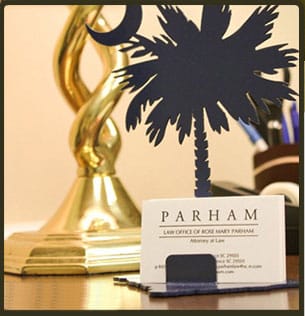Almost everyone has to take a prescription medication at some point during his or her lifetime. Whether a drug is prescribed for the short or long term, it may have the potential to adversely affect driving. A driver in South Carolina may have never gotten behind the wheel after drinking alcohol or taking illicit drugs, but could possibly face a DUI charge after being prescribed perfectly legal medications.
According to the National Institute on Drug Abuse, some medications can impair a driver’s judgment and reaction time. Prescription painkillers in particular have been cited as a factor in many crashes. Often, people who are taking a prescribed drug might also drink alcohol, without realizing that mixing the medication with alcohol can create pronounced effects or last significantly longer than using alcohol alone.
There are numerous side effects to prescription medications that can impair driving, such as drowsiness, dizziness, confusion, slowed movement or fainting. Some might also cause a driver to get jittery, have blurred vision or be unable to focus or pay attention to the task of driving. The U.S. Food and Drug Administration cautions that many types of medications can impair a driver. They may include pain relievers, antianxiety medication, antidepressants, antihistamines or sleeping aids. Medications to manage high blood pressure, diabetes, heart disease or other medical conditions may also adversely affect driving.
Those who are taking prescription medications may want to talk with their doctor or pharmacist about possible side effects that can make it dangerous to drive. They may be able to switch medications, take them at a time that is less likely to affect driving or manage their conditions without needing medication.


